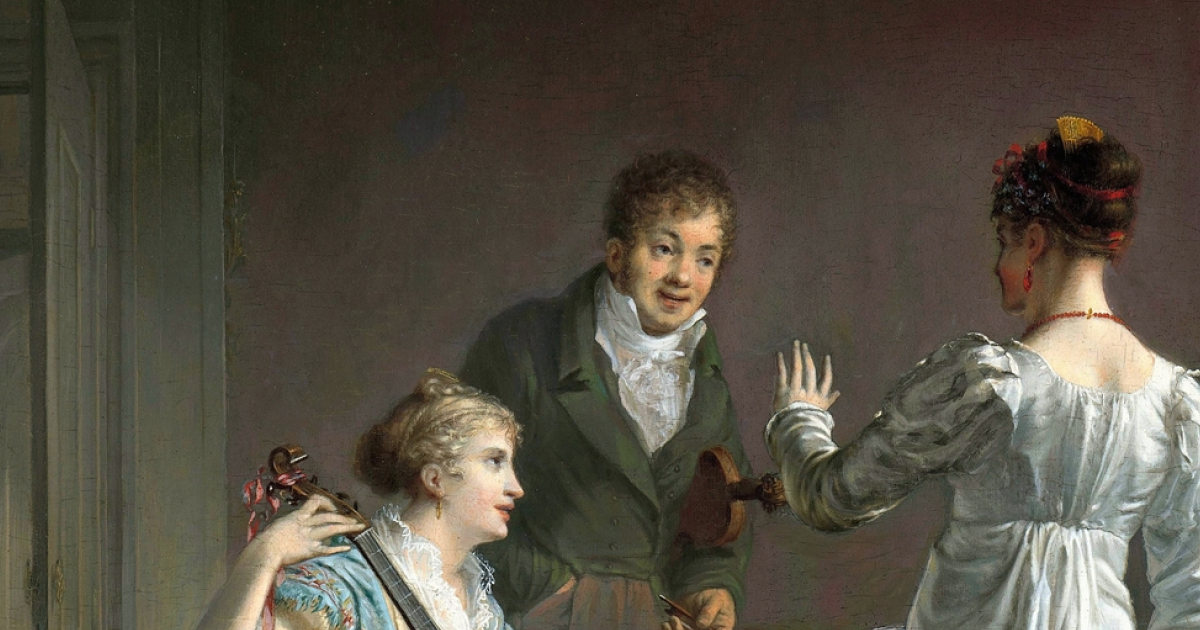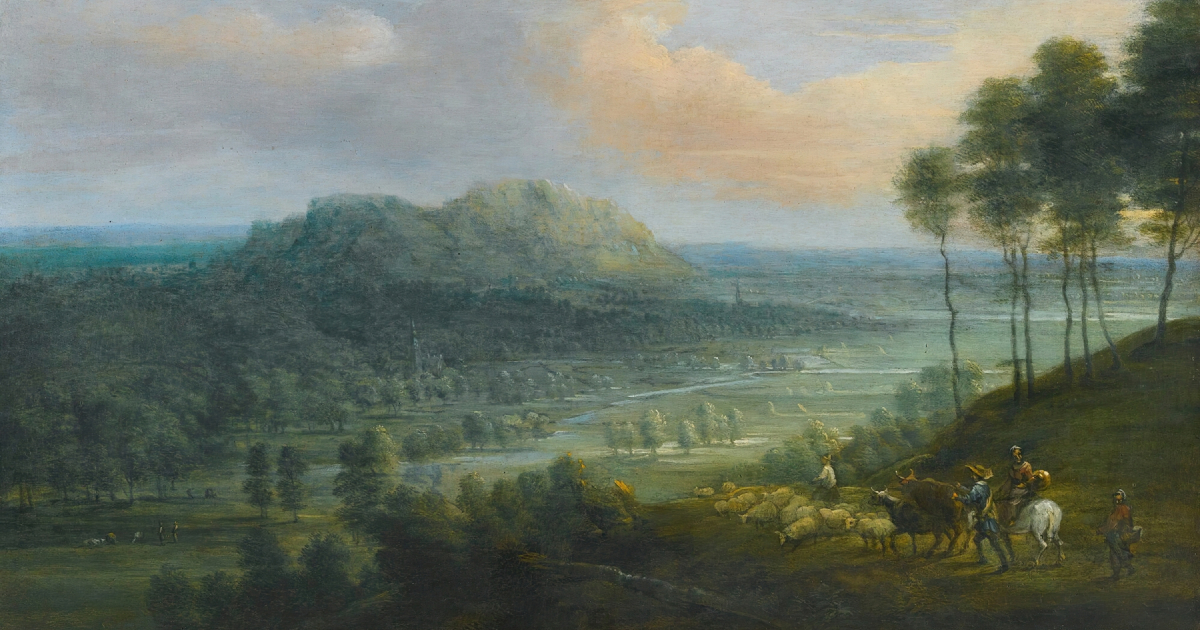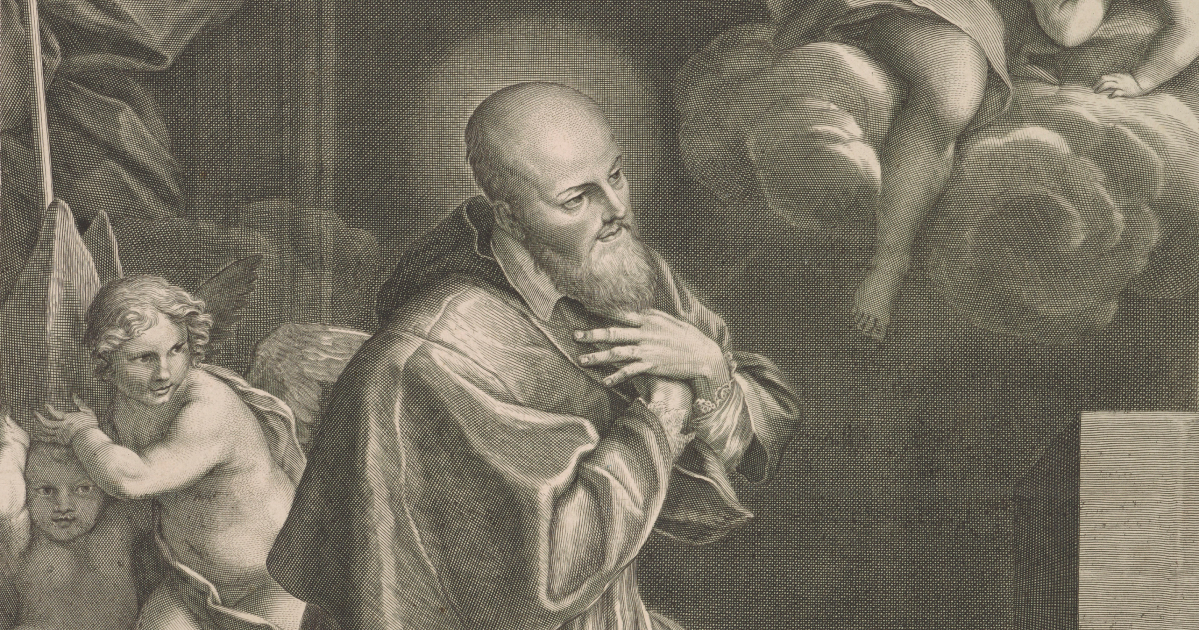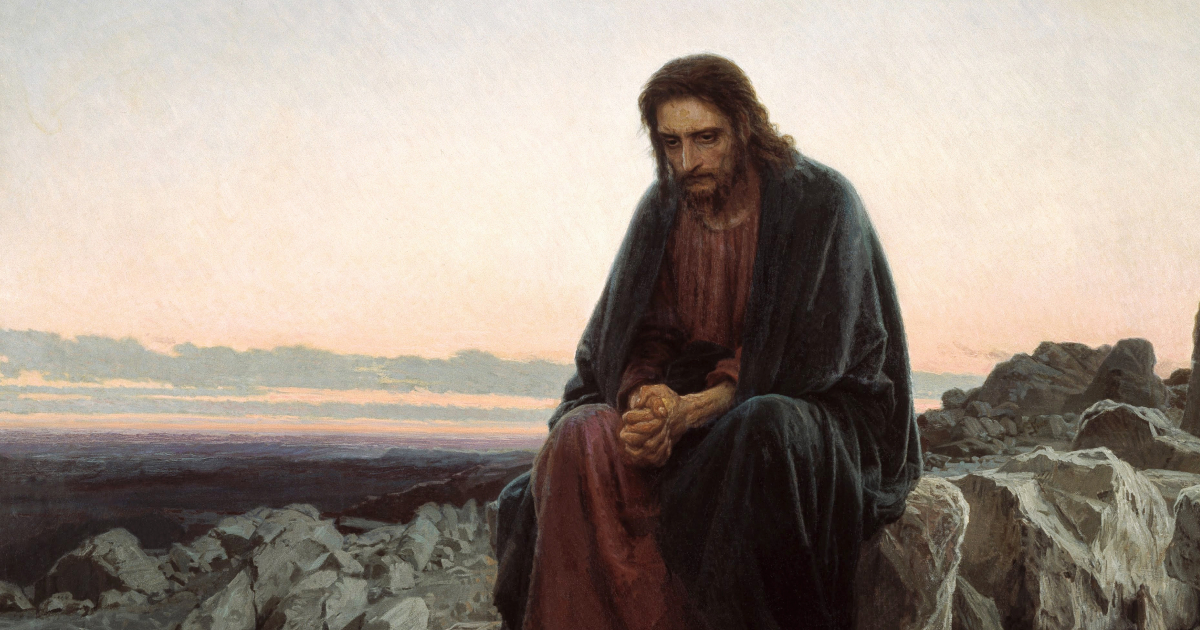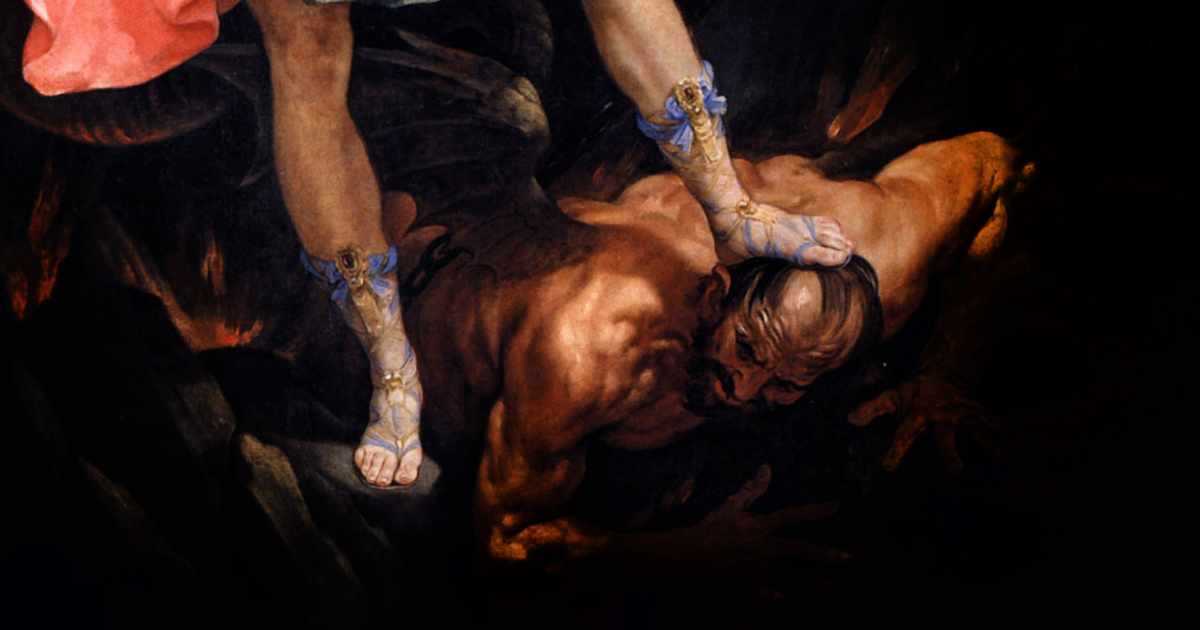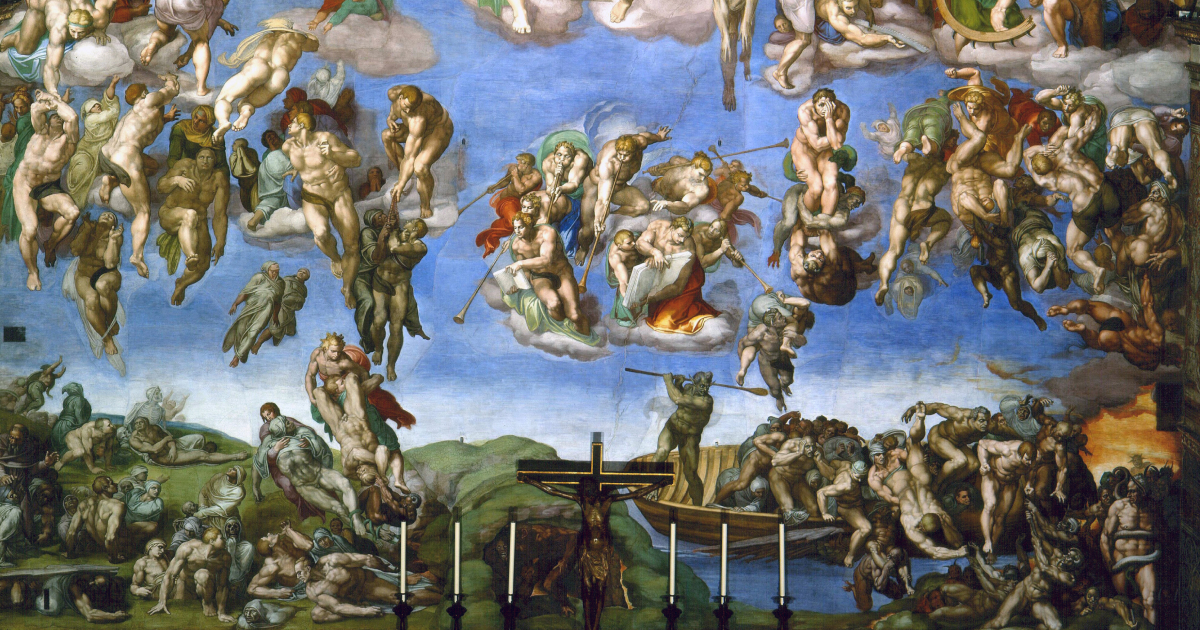As I write this, fresh in from Mass at a parish church not very far from Mont Saint-Michel, I am recovering from chasing notes around my brain during the singing of hymns. I know very few French hymns, but in England I can usually guess where the harmonic journey is taking me; so I join in singing tunes I’ve not met before with reasonable confidence that I will remain on the same page, in the same key, ending at the expected cadence.
This does not apply in France. There is some French contrarian musical spirit, particularly strong in modern French hymn writing, that lures you up a melodic path to the top of a cliff. It then invites you to jump, promising a safe landing, and as you go over the top, it changes direction and ends up somewhere completely unpredicted and, frankly, not very nice.
To mix metaphors, one falls off the melodic bicycle and considers if it might not be better to just stop singing and observe; withdrawn from the fray – hurt, with pride injured. Instead of lost in wonder, love and praise, one finds oneself bruised, befuddled and bewildered.
This is a shame, because it is totally unnecessary. One of the most moving pieces of praise is the French “Hail Mary” – Je vous salue, Marie, comblée de grâce – which on YouTube for wonderful voices and settings, from the banks of the Seine, asking Our Lady for help at Notre-Dame was uploaded in fire six years ago.
The dark night, the flames and the desolation all exist as metaphors for collapse of a broken Christendom. What is curious, do we who have been entrusted with the Church that results from a spiritual and institutional arson attack not know how to sing? We repent, think, and pray. But do we sing?
Music must be rescued, and it has to be reclaimed by the Church. There is a captivating interview on YouTube during which Pierpaolo Finaldi asks the composer Sir James MacMillan about his Catholic faith and the relationship between the western musical canon and Christianity.
Sir James points out that it was Catholicism that created western music: it flows from the monasteries and the experience of the love of Christ; faith finding form in liturgy; the simplicity of tones in Gregorian chant exploding into a transcendent experience.
While all that is true, there is another less obvious but more powerful way in which religious music appeals to the whole soul and feeds our formation to the presence of God.
Music is the language of eternity captured in time. But not haphazardly captured. It glides, shimmering with an inner life that, like water in the hand, cannot be gripped, only overreached for.
We hold it momentarily and it slips from our grip because music has its agenda that lies in our dreams, and our hearts electrified us into dance and drawn us into a journey of looking, longing and loving without end.
One doesn’t need to know very much musical theory to appreciate that music paints our own autobiography into sound. For example, a passage of modulating chords making their way through the circle of perfect fifths can describe in sound our own wanderings through different stages of life, each in different stages of connection and disconnection with what has come before and what is still to come.
Every composer takes the listener on a journey of changing keys which alter the landscape of the tune and hint at house or wind darker or gentler overtones, graver or simpler complexities of inner sound. Skill in the vehicle takes us by the hand in getting there and back again, an indication of his skill, dexterity, imagination, soul and art.
But perhaps the most significant characteristic of music is the evocation of longing. The German term sehnsucht is often used to describe the yearning that is shot through with music and drama.
We know, for example, that music evokes what can never describe it in the body, in sound that cannot be sustained in words. We have a certain musical vocabulary and grammar that becomes the alphabet of transcendence. Small resolution, sometimes no resolution. And still music comes. Unfulfilled but still longing and grateful to be satisfied.
Music animates the soul and shapes it for Heaven. If hymns do not tune the soul and meet us in beauty and beatitude, they miss their target. In such cases, it invites us to stop and wonder what we’ve lost, and to recover what we have.
For the Incarnation, the forgiveness and healing of sin, and the grace poured into both these spheres always had a human face. It also had a human voice.





